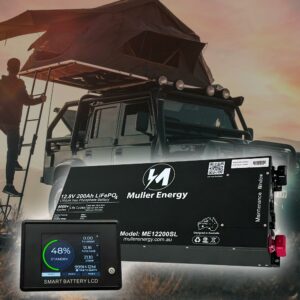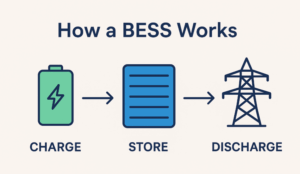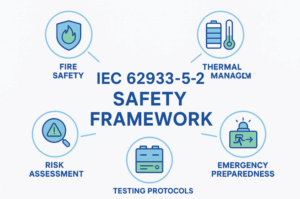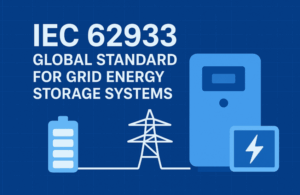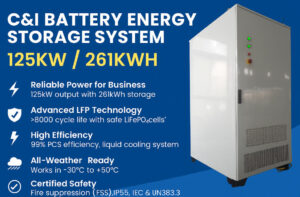Is A Solar Panel System Without Battery Storage Really Worth It? Here’s What You Need To Know
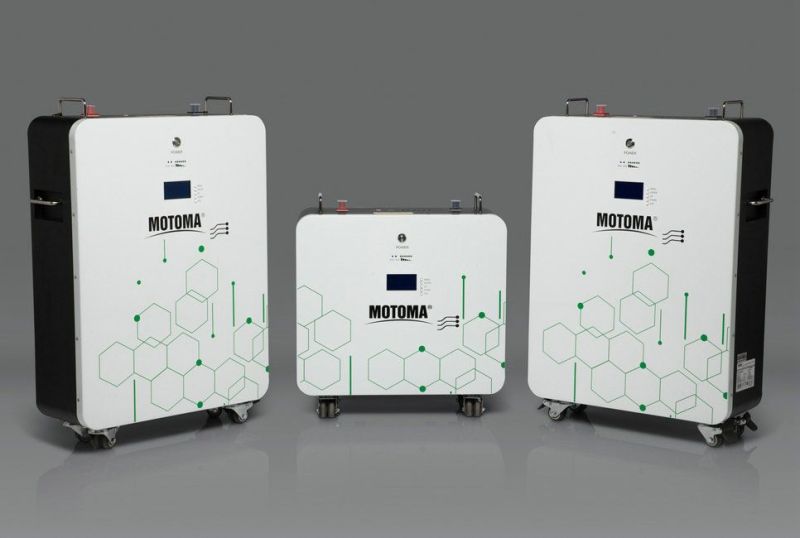
Solar energy provides many benefits, including reducing electricity bills and helping the environment by using renewable resources. But what happens when you don’t have a battery storage system? In this blog article, we’ll discuss why solar panel systems without battery storage may not be the best investment and what you need to consider before deciding on your solar panel system.
Introduction: What is Solar Panel System Without Battery Storage?
A solar panel system without battery storage is a system that uses photovoltaic panels to convert sunlight into electricity. Still, it does not have a means of storing that electricity for later use. These systems are typically used in conjunction with the electric grid so that when the sun is shining, and the system generates electricity, it can be fed into the grid. Power can be drawn from the grid when there is no sun, or the system is not generating enough electricity. Many people are interested in solar panel systems without battery storage because they are less expensive than systems that include batteries and require less maintenance.
Pros and Cons of a Solar Panel System Without Battery Storage
There are a few key things to consider when deciding if a solar panel system without battery storage is the right choice for you. The biggest pro of going without battery storage is that it’s significantly cheaper upfront. A battery solar panel system can cost up to three times as much.
However, there are a few drawbacks to be aware of. First, without batteries, you rely entirely on the grid for power at night or during a power outage. This means you could end up paying higher rates for electricity when demand is high. Additionally, your solar panels will only produce energy when the sun is out, so you won’t be able to take advantage of time-of-use rates that lower the power price during off-peak hours.
Whether or not a solar panel system without battery storage is worth it depends on your specific needs and situation. It could be a good option if you’re looking to save money upfront and don’t mind being tied to the grid. But if you want more flexibility and independence, you might want to invest in a system with batteries.
Is It Worth The Investment?
A solar panel system without battery storage is still a great investment, even if you don’t have the upfront battery costs. Here are a few things to consider:
- Solar panels will still lower your electric bill. Even if you don’t have batteries, your panels will produce electricity during the daytime that you can use to offset the power you use at night.
- Solar panels increase the value of your home. A solar panel system is an asset that will make your home more valuable when you sell it.
- Solar panels have a high return on investment. The average return on investment for solar panel systems is around 20%. That means for every $1 you spend on your system, you’ll get $0.20 back in savings on your electric bills.
- Solar panels have lasted for decades. Solar panel systems can last for 30 years or more with proper maintenance. That’s a long time to enjoy lower electric bills and increased home value!
What Alternatives Are There to Solar Panels Without Battery Storage?
There are a few alternatives to solar panels without battery storage, but they are not as expected or effective. One is to use a backup generator, which can provide power when the sun isn’t shining. However, generators require fuel, which can be expensive and difficult to store. Another option is to use a wind turbine, which is only effective if there is consistent wind in your area.
Cost Considerations
The initial cost of a solar panel system is a significant consideration for many homeowners. However, solar power’s long-term savings and environmental benefits make it an attractive option for those who can invest.
Solar panel systems can range in cost from $10,000 to $30,000, depending on the size and type of system. Homeowners who install solar panels can expect a return on their investment in as little as five years. After that, they will enjoy free electricity for the life of their system.
Solar power is also environmentally friendly. It reduces dependence on fossil fuels and helps to combat climate change.
Conclusion
In conclusion, a solar panel system without battery storage can significantly reduce your electricity bills and take advantage of the free energy from the sun. However, it is essential to consider all the factors when deciding whether or not this is right for you. By understanding how much power you need, what types of incentives are available in your area, and weighing up the overall cost versus potential savings, you can make an informed decision that best suits your needs.
